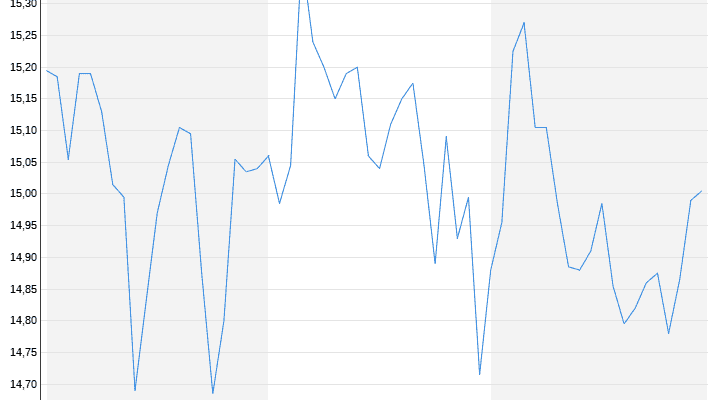Friday February 26, 2021
Lawsuit from telecom retail investors
The process for T-Share is being rolled out again
For two decades, thousands of small Telekom investors have been complaining through the courts because they had lost a lot of money after the Dax group went public for the third time. After a decision by the Federal Court of Justice, new hope for compensation is now emerging.
More than 20 years after the so-called third IPO of Deutsche Telekom AG in 2000, the associated investor protection process has to be renegotiated. The Federal Court of Justice (BGH) has again partially overturned the model decision of the Higher Regional Court (OLG) Frankfurt and referred it back for renegotiation, as the justice in Karlsruhe announced.
Behind the test case are around 17,000 small shareholders who are suing, demanding compensation for the exchange rate losses they have suffered in the amount of around 80 million euros, which Deutsche Telekom has refused to accept. Their lawsuits had been combined into a model investor procedure that had already been negotiated twice at the Frankfurt Higher Regional Court. According to the court, no dates have yet been set for the third trial.
The main subject of the lawsuit was the question of an error in a prospectus in connection with the US holding Sprint, on the basis of which Telekom had offered shares in 2000. In the 1999 balance sheet of the Telekom a special profit of 8.2 billion euros was shown, although the participation had only been "transferred" internally to a group subsidiary. The issue price of the share fell sharply within a few months, and many people lost money.
Telekom must provide evidence of the reason for the purchase decision
According to the current opinion of the BGH, the Frankfurt judges did not adequately examine whether this sprint process was actually the trigger for the share price crash. The OLG must now negotiate again about the causes of the stock exchange price reduction and hear from an expert.
In another point, the Federal Court of Justice confirmed the Frankfurt decision from 2016: The misstatement in the sales prospectus alone does not give rise to a claim for compensation. Rather, it must be clarified in each individual case whether the investor has made his purchase decision based on the prospectus. The burden of proof, however, lies with Telekom, which has to demonstrate that the shareholders did not do that.
In 2005, the Telekom trial led to the introduction of the so-called Investor Model Law (KapMuG), which allows proceedings similar to those in a class action.
. (tagsToTranslate) Economy (t) Deutsche Telekom (t) Stock trading (t) Processes (t) Federal Court of Justice (t) Investor protection (t) Investors and companies (t) Dax companies
